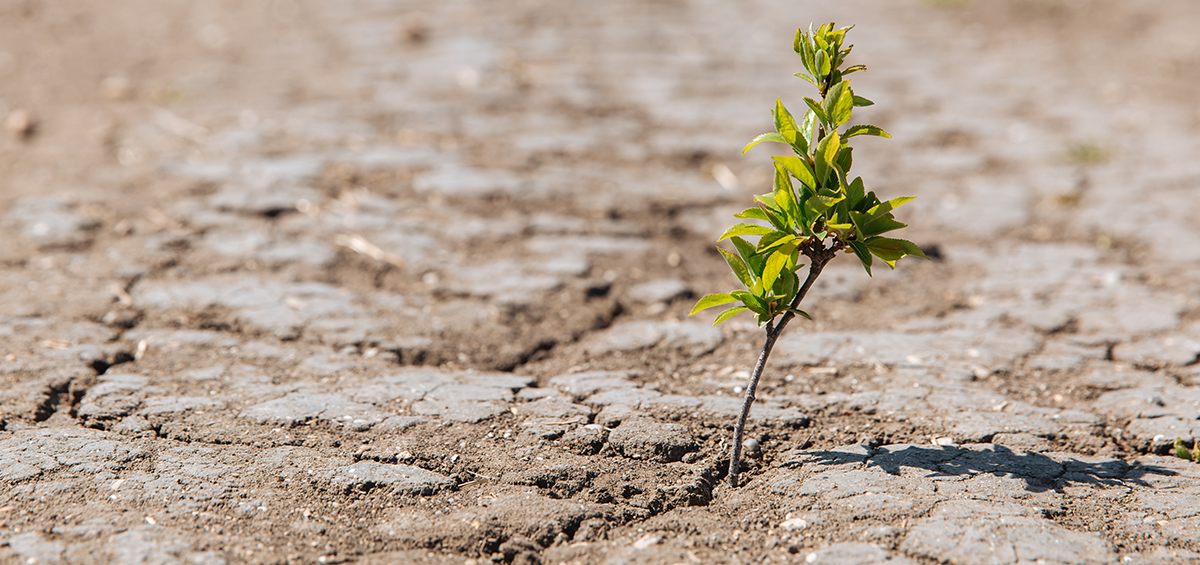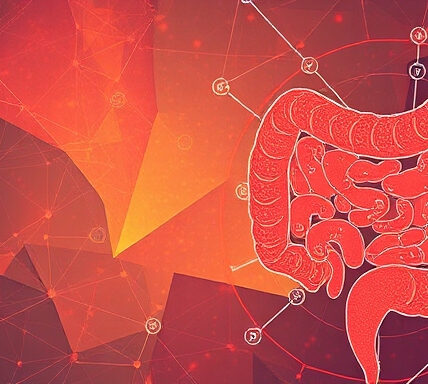Climate change is one of the most pressing challenges facing humanity today, affecting not only the environment but also public health on a global scale. Rising temperatures, extreme weather events, shifting disease patterns, and declining air and water quality are all consequences of climate change that pose significant health threats. Understanding these impacts is crucial for developing effective public health strategies to mitigate and adapt to a changing climate.
Extreme Weather Events
One of climate change’s most immediate health impacts is the increase in extreme weather events, including heatwaves, hurricanes, floods, and droughts. These events can lead to injuries, fatalities, and long-term health complications. For instance, heatwaves can exacerbate existing health conditions such as cardiovascular and respiratory diseases, especially among vulnerable populations like the elderly and those with pre-existing health issues.
Flooding can result in injuries and fatalities but also has long-lasting effects, such as the spread of waterborne diseases. When natural disasters strike, healthcare systems can become overwhelmed, reducing access to medical care and increasing the risk of untreated health issues. Furthermore, mental health can suffer as individuals cope with the trauma and displacement caused by extreme weather events.
Air Quality and Respiratory Health
Climate change also significantly affects air quality. Rising temperatures can exacerbate air pollution, particularly ground-level ozone, leading to respiratory problems and other health issues. Poor air quality is associated with an increase in asthma attacks, chronic obstructive pulmonary disease (COPD), and cardiovascular diseases. Children, the elderly, and those with pre-existing respiratory conditions are particularly vulnerable to these health risks.
Additionally, wildfires, becoming more frequent and severe due to climate change, release harmful pollutants into the air, further deteriorating air quality. Smoke inhalation from wildfires can cause short-term health effects like coughing and difficulty breathing, as well as long-term complications for individuals with pre-existing conditions.
Vector-Borne Diseases
Shifts in climate patterns are also altering the distribution of vector-borne diseases, such as malaria, dengue fever, and Lyme disease. Warmer temperatures can expand the habitats of disease-carrying insects like mosquitoes and ticks, increasing the risk of disease transmission in previously unaffected regions. For example, as temperatures rise, mosquitoes that transmit diseases like West Nile virus and Zika may thrive in areas where they were once unable to survive, posing new public health challenges.
Moreover, changes in rainfall patterns can influence the breeding and survival of vectors, creating conditions that may lead to outbreaks of previously rare diseases in certain regions.
Food and Water Security
Climate change threatens food security by impacting agricultural productivity. Extreme weather events, changing rainfall patterns, and rising temperatures can disrupt food supply chains and lead to crop failures. This can result in food shortages, malnutrition, and increased prices, disproportionately affecting vulnerable populations.
Climate change also threatens water security. Increased droughts and flooding can contaminate water supplies and reduce access to clean drinking water. Waterborne diseases such as cholera and other gastrointestinal illnesses thrive in these conditions, leading to significant public health challenges.
Conclusion
The impact of climate change on public health is profound and multifaceted. As temperatures rise and extreme weather events become more frequent, communities must address health risks through effective public health strategies and policies. This includes investing in resilient healthcare infrastructure, improving air and water quality, and enhancing surveillance systems for vector-borne diseases.
Public awareness and education about the health impacts of climate change are essential for empowering individuals and communities to take proactive measures. By recognizing the interconnectedness of climate change and public health, society can work towards mitigating its effects and fostering a healthier, more sustainable future for all.





